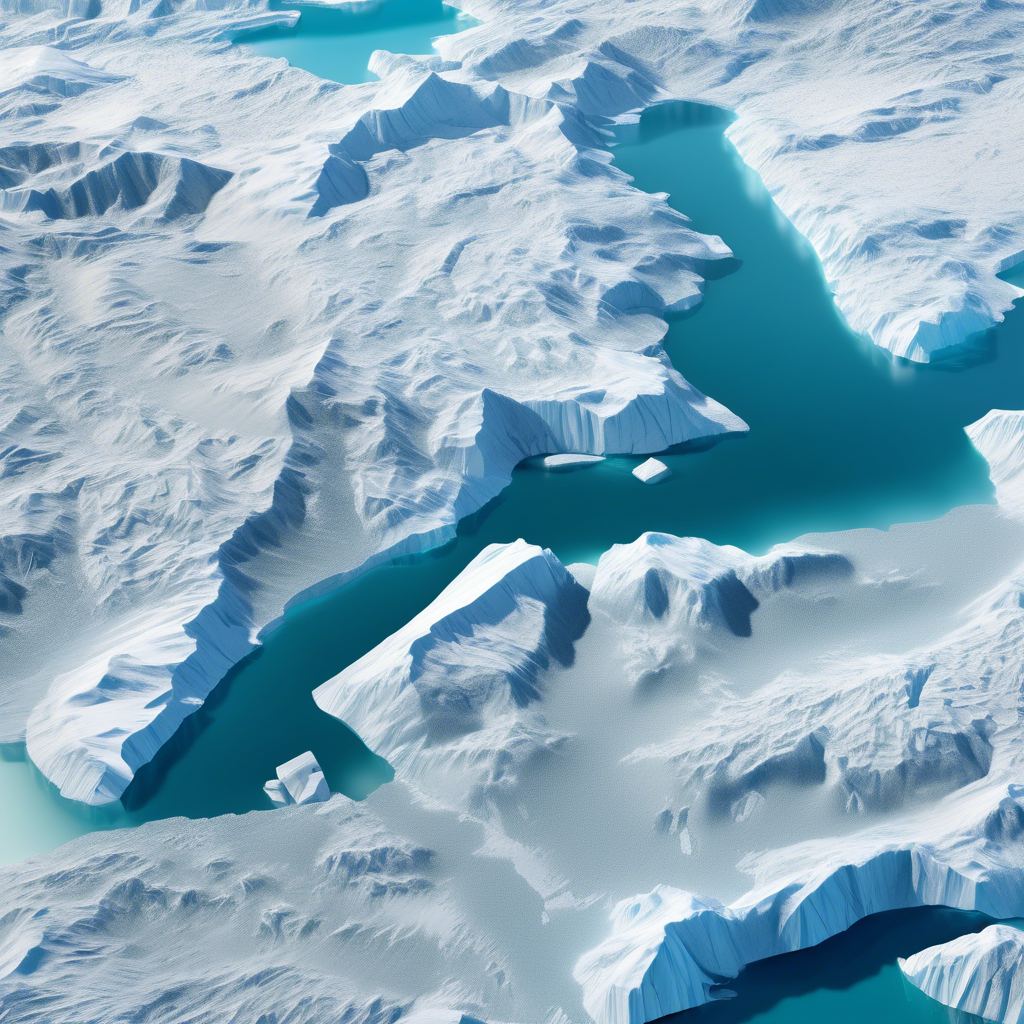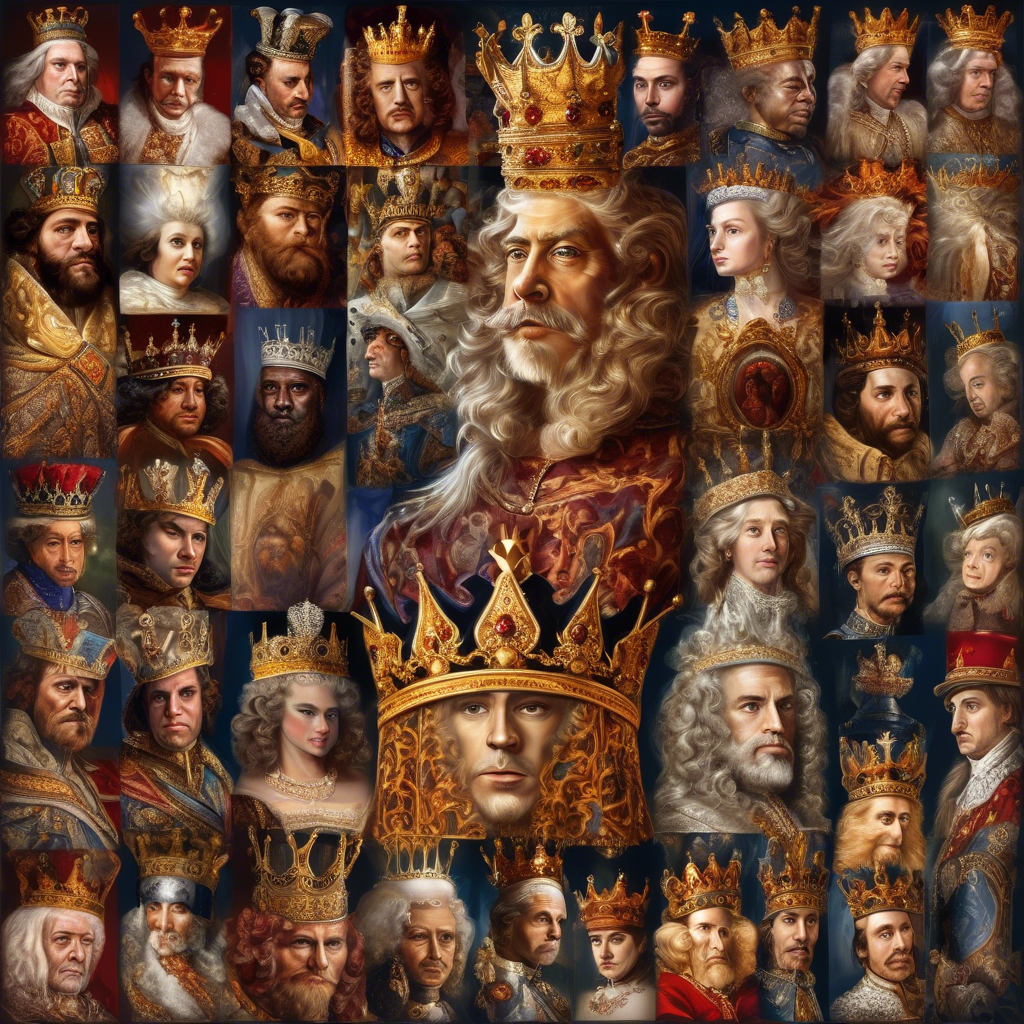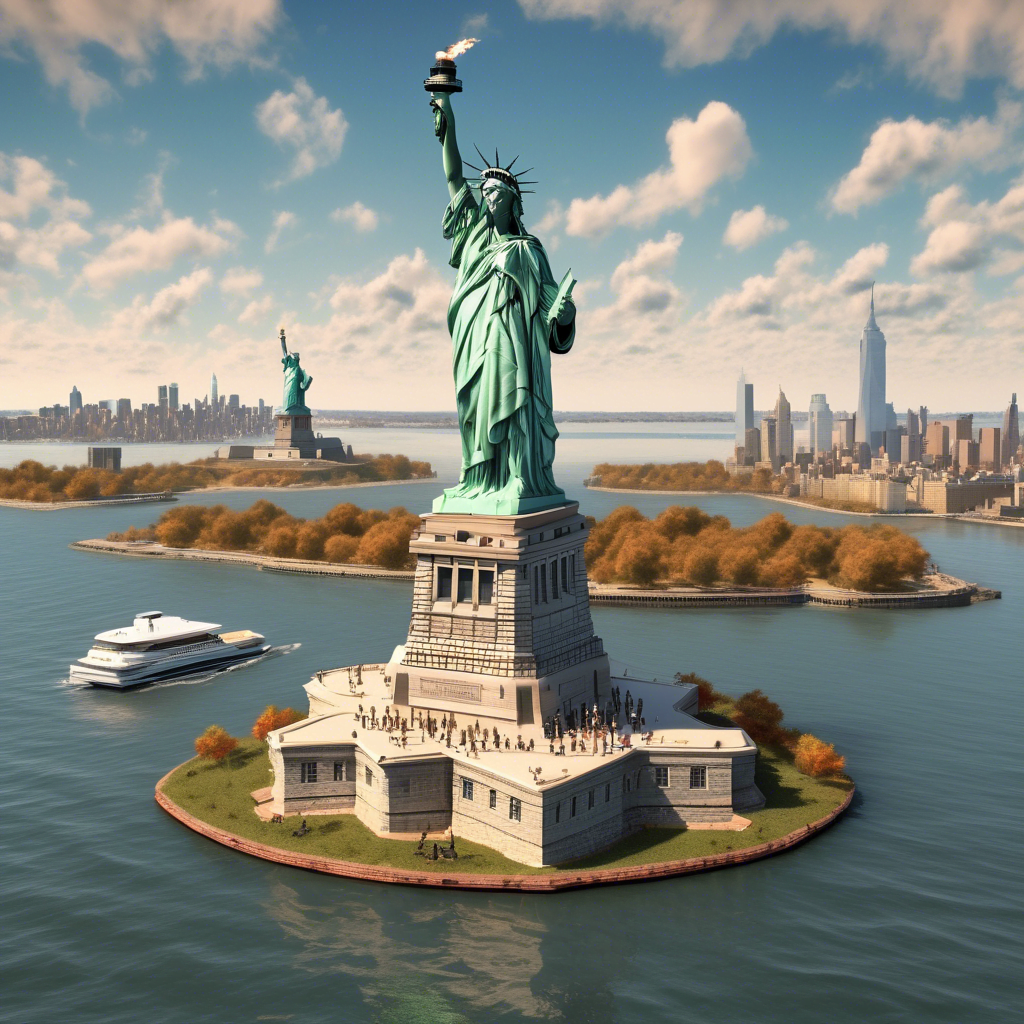
The discovery of Greenland is a fascinating chapter in the history of the world. The story of its discovery is one that has had a profound impact on the lives of people, not only in Europe, but also in the Middle East, Asia, and Africa. The discovery of Greenland is a tale of exploration and adventure, of bravery and perseverance, and of conquest and colonization.
Greenland, located in the North Atlantic Ocean, is the largest island in the world. It is situated between Europe and North America, making it a strategic location for trade and exploration. The history of Greenland dates back thousands of years, with evidence of human habitation dating back to at least 2500 BC. The island was first discovered by the Vikings in the 10th century, led by the intrepid explorer Erik the Red.
Erik the Red, a Norwegian explorer, is credited with the discovery. According to historical accounts, Erik the Red was banished from Iceland for murder and set sail westward in search of new lands. He eventually landed on the eastern coast of Greenland and established a settlement known as Brattahlid. This marked the beginning of the Viking colonization of Greenland.
The discovery of Greenland by the Vikings had a significant impact on the history of the world. The Vikings were skilled seafarers and traders and they opened up new trade routes between Europe and North America. The Vikings established a thriving colony in Greenland, with settlements scattered along the coast. They traded with native Inuit tribes and hunted whales for their valuable blubber.
The discovery of Greenland also had far-reaching consequences for the European powers of the time. England, France, Spain, the Netherlands, Italy, and Germany all sought to establish their colonies in Greenland, leading to conflicts and power struggles in the region. The discovery of Greenland sparked a wave of exploration and colonization in the New World, with European powers vying for control of the rich resources and strategic location of the island.
The discovery of Greenland also had a profound impact on the environment and the native flora and fauna of the island. The arrival of European colonists brought with them new diseases and invasive species, which had devastating effects on the indigenous wildlife and ecosystem. The hunting of whales and other marine mammals by the Vikings also had a significant impact on the delicate balance of the Arctic ecosystem.
In conclusion, the discovery of Greenland is a pivotal moment in the history of the world. The story of its discovery by the Vikings, and the subsequent colonization and exploration of the island, has had a lasting impact on the lives of people across Europe, the Middle East, Asia, and Africa. It remains a symbol of adventure and exploration and a testament to the enduring spirit of human curiosity and ambition.




Leave a Reply